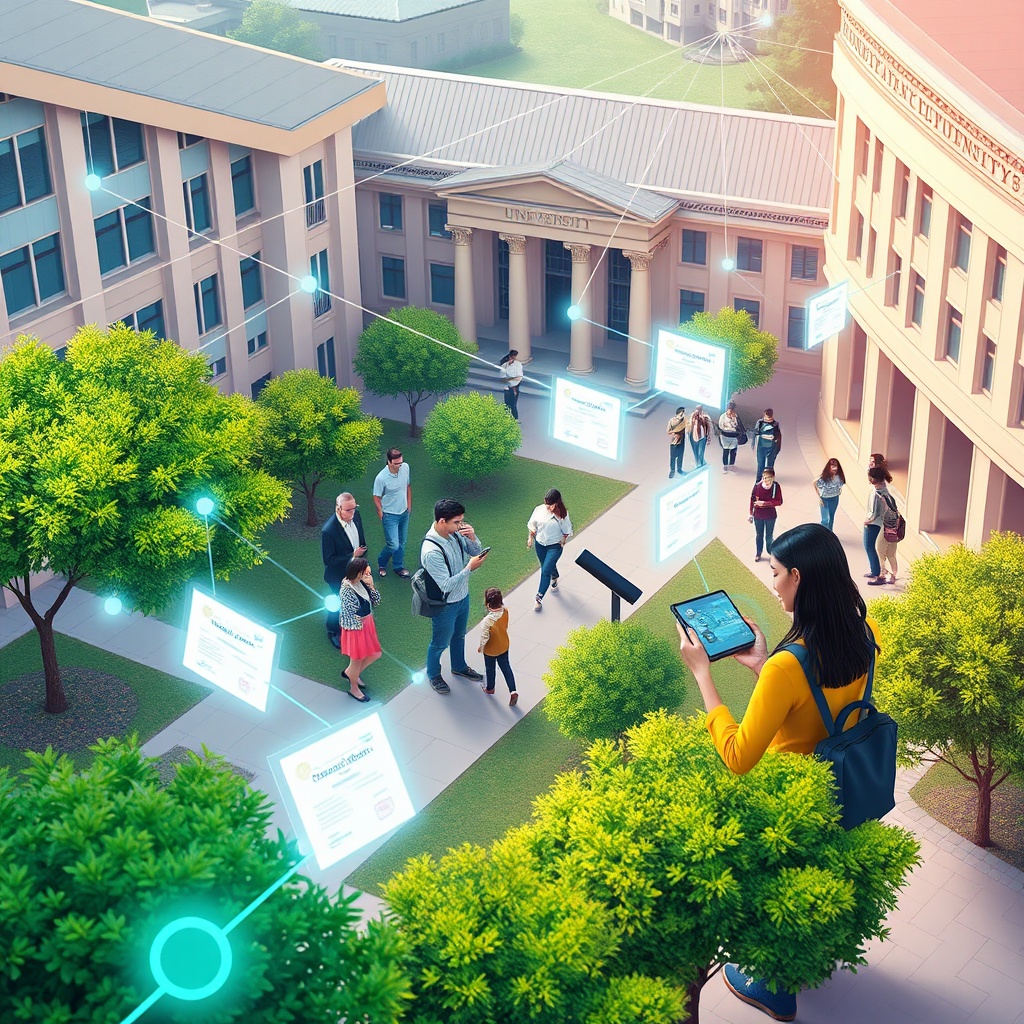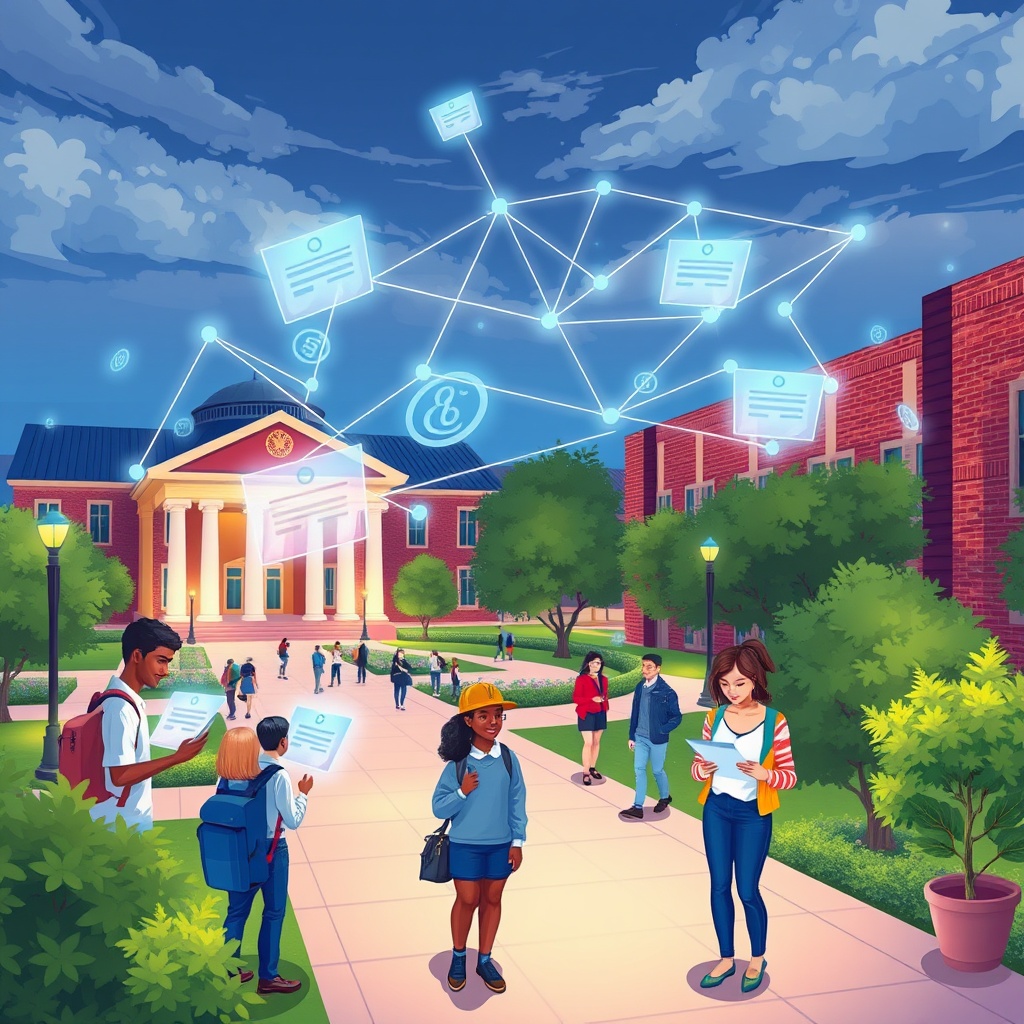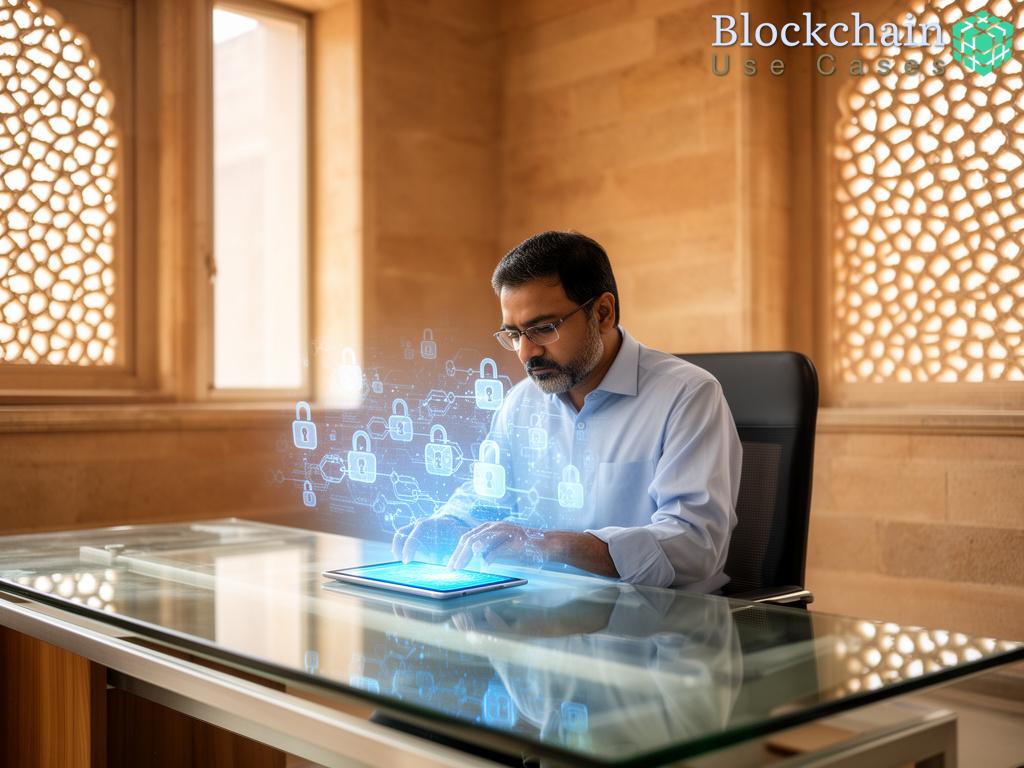Unveiling the Future of Academic Verification

In an era where the authenticity of academic credentials is paramount, the emergence of blockchain technology offers transformative solutions. Educational institutions, employers, and students are increasingly seeking reliable methods to verify qualifications, thus mitigating the risks of fraud and misinformation. Blockchain, with its decentralized and immutable nature, presents a robust framework for tackling these challenges.
How Blockchain Enhances Credential Verification
The traditional methods of verifying academic credentials often involve cumbersome processes that can be prone to errors and delays. In contrast, blockchain technology streamlines these procedures, ensuring immediate and secure access to verified credentials. By utilizing a distributed ledger, all parties involved can view and validate the authenticity of an individual’s academic achievements without the need for intermediaries.
Consider the following advantages of blockchain-based credential verification systems:
- Decentralization: Eliminates the need for a central authority, reducing bottlenecks.
- Immutability: Once data is recorded on the blockchain, it cannot be altered, ensuring permanence.
- Transparency: All transactions are visible to authorized parties, fostering trust.
- Efficiency: Speeds up the verification process, saving time for both institutions and employers.
- Cost-Effectiveness: Reduces administrative costs associated with manual verification.
Challenges and Future Prospects
Despite its promising advantages, the implementation of blockchain in academic credential verification is not without challenges. Issues such as data privacy, the need for standardized protocols, and the reluctance of traditional institutions to adopt new technologies are significant hurdles that must be addressed. However, as the landscape of education continues to evolve, the potential for blockchain to reshape credential verification remains immense.
As we look to the future, it is evident that blockchain technology will play a pivotal role in fostering a more secure and efficient educational ecosystem. By bridging the gap between academia and industry through reliable verification processes, we can pave the way for a new standard in educational integrity.





